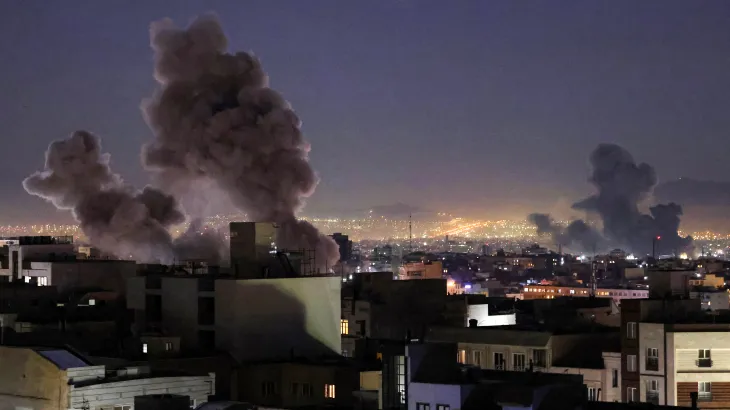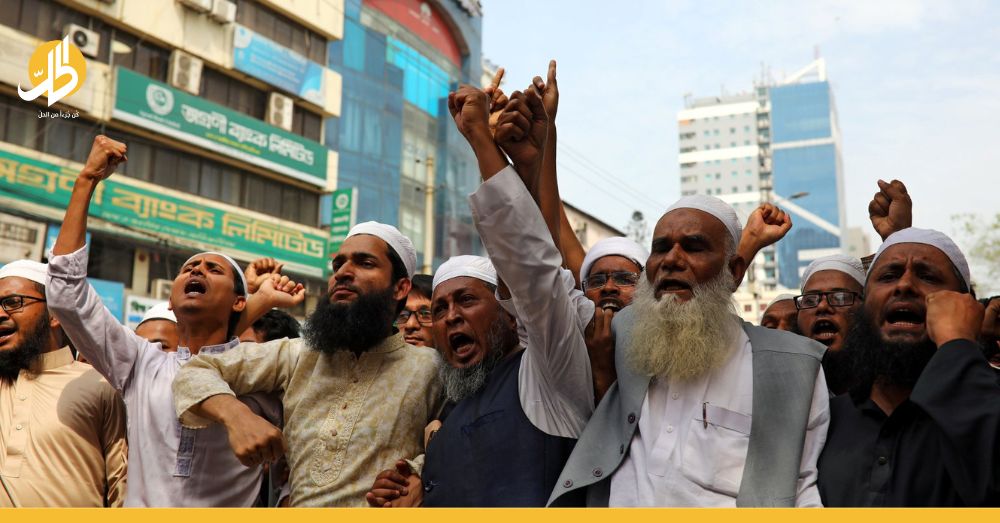
A young Afghan girl, identified only as Laila, delivered anonymous testimony to the UN rights council on Tuesday, describing life under Taliban rule as “slavery.”
The rare video testimony, filmed with Laila’s back to the camera, painted a stark picture of the dramatic changes in women’s rights since the Taliban’s return to power nearly three years ago.
“Before, women and girls were free,” Laila said. “But now we are not free. We are like slaves.”
Laila described Afghan girls as “birds with broken wings,” still striving to “fly as high as they can” despite the severe restrictions imposed by the Taliban.
Since 2021, the Taliban has enforced an austere interpretation of Islam, barring women from secondary schools, universities, and many public spaces, and restricting their employment opportunities.
The UN has labeled the situation as “gender-based apartheid.” Richard Bennett, the UN special rapporteur on Afghanistan, told the council that the violations against women and girls are so severe that they “may amount to crimes against humanity.” He emphasized that the Taliban’s systemic gender oppression should “shock the conscience of humanity.”
In her testimony, Laila recounted the dire mental health crisis among Afghan women, exacerbated by the oppressive regime. She knew several women who had committed suicide after being beaten for not wearing a “proper hijab.”
Laila herself lives in constant fear of being captured and possibly killed by security forces.
Despite her circumstances, Laila remains determined. “I didn’t give up, and I will never give up,” she declared, expressing her hopes for a bright future where she could become a leader and advocate for Afghan girls.
Laila called on the international community to support Afghan women and girls, particularly in education and work. Her plea was echoed by Shafiqa Khpalwak, an Afghan poet and rights activist in exile, who urged the international community to stand with Afghan women. “We continue to resist for our rights, and we ask you to be on the right side of history,” Khpalwak said.




